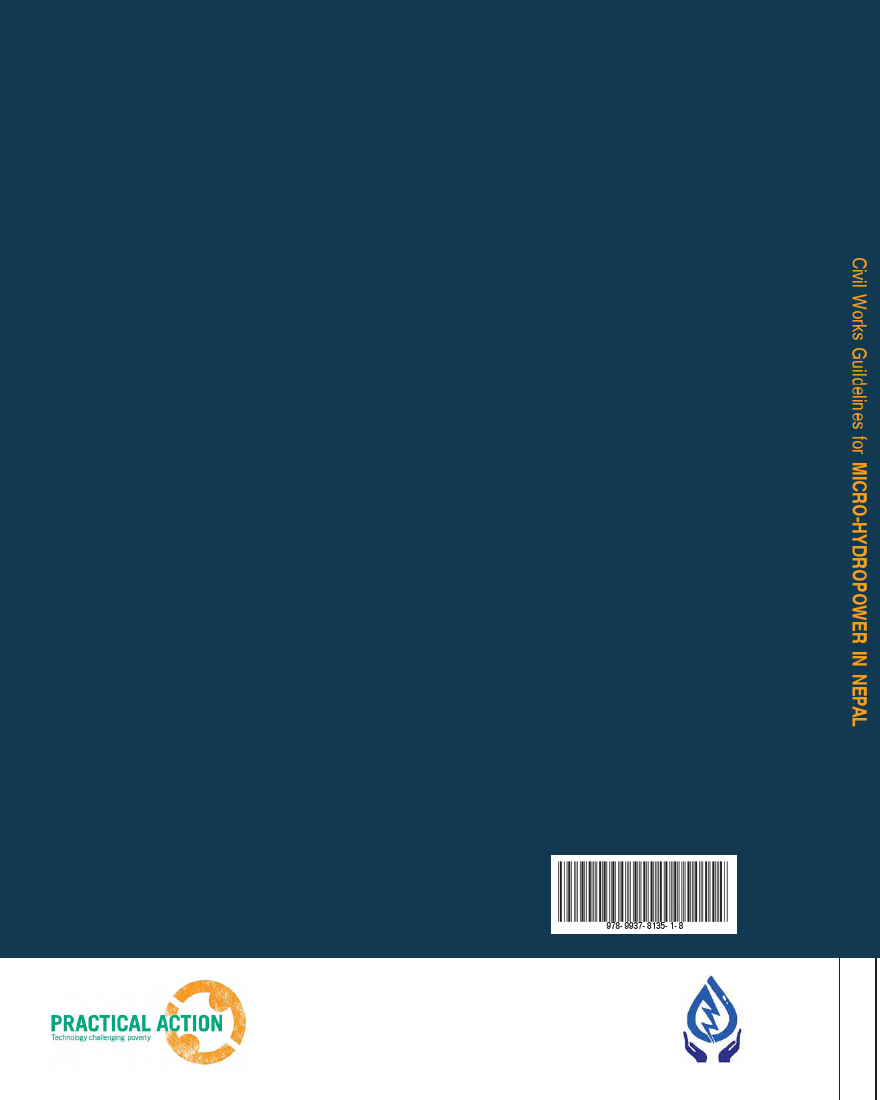
In 1979, Practical Action started its work in Nepal, initially concentrating on the development
and transfers of micro-hydro technologies, building the capacities of local manufacturers and
rural entrepreneurs, and advocating for appropriate policies and institutions in the micro-hydro
sector. After establishment of the Country Office in 1998, Practical Action diversified its activities
into other forms of renewable energy, expanding into agro processing, rural transport and
disaster management. Since 2003, Practical Action Nepal Office is directed by four International
Programme Aims (IPAs): Reducing vulnerability; Markets and livelihoods; Improving access
to useful services, systems and structures; and Responding to new technologies. Within these
Aims, Practical Action focuses its work mainly on six broad priority areas in Nepal - 1) securing
food for the poor, 2) reducing risk from disaster and climate change, 3) minimising impacts of
conflict through improved access to market, 4) increasing rural productivity, 5) sustainable
urban environment and 6) healthy homes.
Practical Action believes that the right intervention – however small – can create jobs, improve
health and livelihoods, give access to services and help people lead better lives. In its every
effort, Practical Action aims to bring about positive and lasting changes in people’s lives.
Practical Action’s programmes are driven by the needs of both the rural and urban poor, and are
launched through partnership with government, non government (I/NGOs) and private sector
stakeholders. In Nepal, Practical Action is operating through a General Agreement and separate
Project Agreements with the Social Welfare Council of the Government of Nepal.
978- 9937- 8135- 1- 8
BPC Hydroconsult